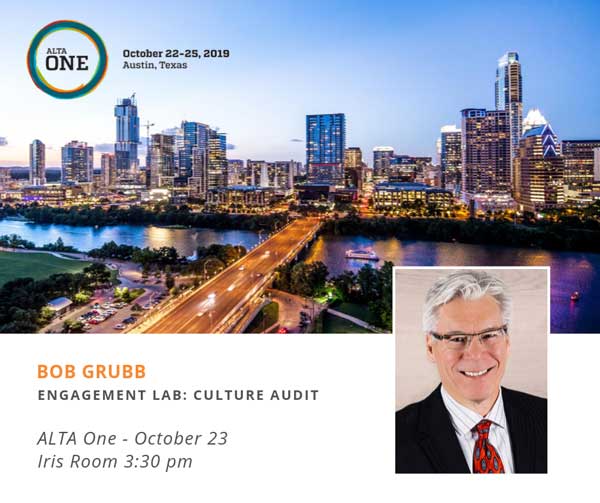By David Sinclair, President and CEO of Alliant National Last year, we announced plans for Alliant National to join Dream Finders Homes, one of the nation’s fastest-growing homebuilders. I’m pleased to report that we recently received regulatory approval, and the transaction has officially closed. We’re thrilled to be part of the Dream Finders Homes family! Read the official press release. …
This April, Let’s Confront Stress
We can’t eliminate stress, but we can take steps to manage its impact. Each April during Stress Awareness Month, we sit down with Alliant National’s HR Director Stacy Stolen to explore how we can all manage stress more effectively. This is an important conversation because too much stress can negatively impact both individuals and organizations. Having worked for years in …
Alliant National’s Early Years: The Birth Of An Independent Vision
This year, Alliant National marks 20 years of serving independent agents. Celebrating Our Past and Building Our Future Together, we look back at our founding, the vision that set us apart, and how the challenges of the financial crisis strengthened our commitment—firmly establishing Alliant National as The Independent Underwriter for The Independent Agentsm In 2005, Alliant National was founded on a …
Designing And Building Culture: Reflections On Trust, Purpose, And Performance
As we approach the holiday season and the close of another year, I’ve been reflecting deeply on the concept of organizational culture—what it means, how it shapes our businesses, and how we can all work to improve it. Culture is more than just a buzzword; it’s the lifeblood of an organization, influencing our interactions, decisions, and outcomes. I’d like to …
A Thanksgiving Message From Our CEO
As Thanksgiving approaches, I am reminded of the important people and partnerships that have made this year successful. While we strive to express our gratitude every day, this season gives us an opportunity to celebrate and reflect on the progress we have made together. I am so thankful for each of our independent agents. Many of you have endured significant …
Information, Collaboration, Creation: The Power of Giving Back Through Industry Involvement
For Alliant National’s team, the mutual benefits of becoming involved in association work are evident for the industry and those who serve. The Alliant National team includes people from all walks of life who are united by a shared commitment to independent agents. Another commonality is a dedication to the broader title community that goes beyond the nine-to-five. At every …
Take Action During April’s Stress Awareness Month
Reduce stress for a happier and healthier workplace. April is “Stress Awareness Month,” making it the perfect moment to explore how stress affects both individuals and organizations. While stress is a normal process, it can take a toll when left unchecked. Alliant National HR Director Stacy Stolen discusses the consequences of runaway stress and shares strategies for creating healthier workplaces. …
Is It Time to Reexamine Your Company’s Culture
Culture is the lifeblood of every organization. It is created through a language and customs, arts and practices that are shared by a particular work group. Culture is an identity, and it can attract or repel engagement with your organization. All companies have a culture, whether it is one that develops on its own or is deliberately nurtured. The questions …










